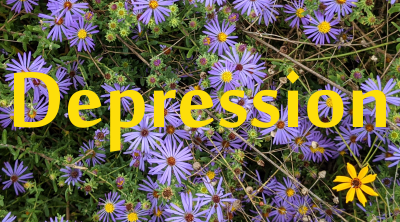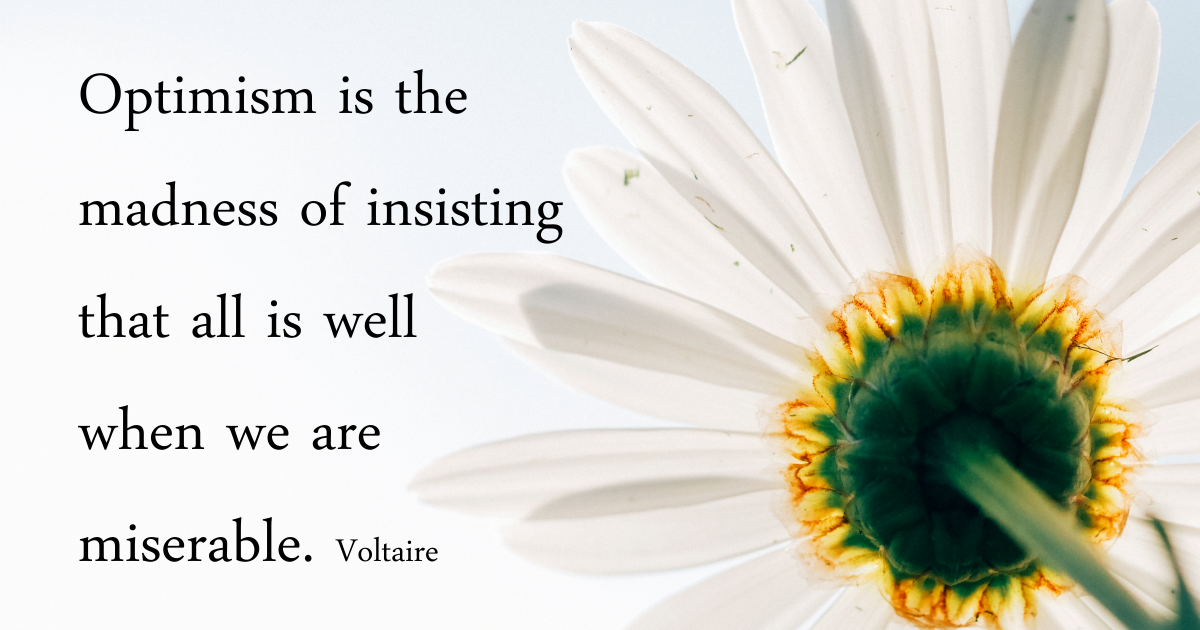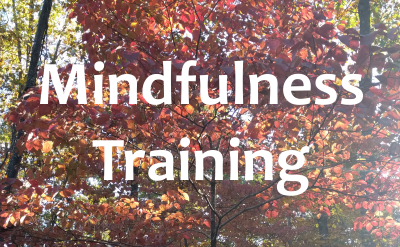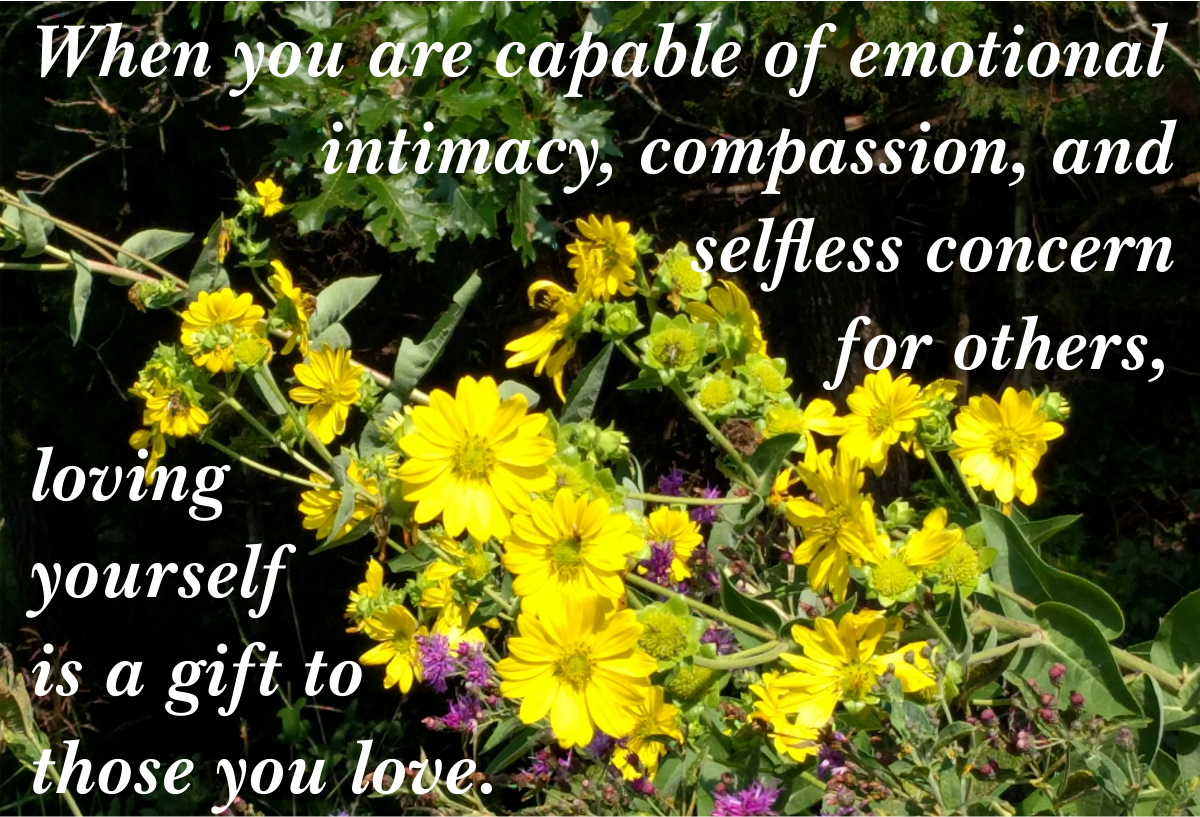
This site provides a number of resources to help you cope with depression. Although there is no "one size fits all" when treating depression, following this guide can help with your journey to managing depression.
For mild depression, you may be able to use these resources as self-help. For more severe depression, a therapist can help you develop a plan and utilize the resources that fit best for your situation.
I'm Depressed. I'm Overwhelmed. Where Do I Start?

1) Break goals down into smaller steps. Sometimes it is difficult for those with depression to take small steps because they believe that such steps are too insignificant and won't make a difference. However, most of the things people accomplish are based on small steps or goals.
2) Do something that takes little effort. The tasks of CBT require effort. However, usually some method can be found for each individual that is manageable.
3) Do something. Anything. Depression wins when you lose all interest in normal activities, and for some people, life itself. Anything you do helps to fight the depression.
So, where do you start? Anywhere. Just make it simple. And begin. Read article...

Understanding Diagnosis and Treatment
When Gina told her doctor she was feeling depressed, he gave her a screening test that asked about her symptoms: little interest in doing things, feeling depressed or hopeless, sleep problems, lack of energy, poor appetite or overeating, feelings of failure, problems concentrating, restlessness or slow movements, and thoughts of self-harm. Other than suicidal thoughts, Gina endorsed all of the symptoms and scored high on the test. Her doctor immediately prescribed an anti-depressant. Read more...

-
Educational Audios
- Depression Assistance and Education
- Managing Insomnia
- Mobilizing Your Body's Resources: Healing from Illness or Injury
-
Coping Audios
- Mindfulness
- Relaxation

One common problem for those with depression is the inability to think clearly. However, the research shows that understanding this problem is complex. In fact, with certain types of tasks people with clinical depression exceed the abilities of those without depression.
How is that possible? It may be that people with depression are more greatly impacted by problems with motivation than with an inability to reason. Read more...
Depression is Not Sadness

A serious problem exists with the public's understanding of depression. The problem occurs because of the clinical term "Major Depression" and the general use of the word "depression." One of the definitions in the Merriam-Webster dictionary indicates that depression is "a state of feeling sad." Therefore, the general public typically defines "depression" interchangeably with "sadness" as in "I'm so depressed today." The tendency, then, is to assume that clinical depression is just extreme sadness or the inability to handle normal stress and sadness of life.
This assumption is not only wrong but it is a disservice to all individuals who experience one of the clinical forms of depression: Read more...

 Depression CBT Self-Help Guide
Depression CBT Self-Help Guide
Excel At Life's Android app provides resources in a convenient and interactive form.
- Listen to audios
- Read articles
- Complete cognitive diary
- Track symptoms
- Motivational statements
- Track activities
- Share with therapist
- Password protected
Mobilizing Your Body's Resources: Healing from Illness or Injury

I refer to illness or injury as an assault on the body because that is how the body experiences it—as a threat to the system. Often I find that people suffering from illness or injury (or recovering from surgery) don't recognize that their body has been assaulted. As a result, they tend to downplay the impact the illness may have on their system and ignore their body's need for recovery.
However, the body recognizes that it has been assaulted. Which is why it mobilizes all its resources to fight back. Doing so takes energy which often results in secondary symptoms. These symptoms commonly include feelings of weakness, general feelings of discomfort, lack of energy, fatigue, difficulty concentrating, and depressed mood. Read more...

My concern about the emphasis on gratitude as a treatment for anxiety and depression is that...it can become another way of dismissing suffering and blaming the sufferer...
...research...has shown that gratitude interventions have a weak effect on well-being. This means that these techniques can be helpful to some degree especially for those who are minimally distressed and dealing with everyday problems. However, such techniques are not a substitute for other treatments for those with anxiety and depression. Read more...
Cognitive-behavioral Therapy (CBT)

CBT has been shown to be beneficial for many suffering from depression.
-
Articles
- What to Expect from Mindfulness-based Cognitive-Behavioral Therapy (MCBT) When You Have Depression and Anxiety
- How do we Change Irrational Thinking?
- Understanding and Using the Cognitive Diary
- Cognitive Diary Example: Hopelessness Due to Depression
- To Should? Or, Not To Should? Demand Thinking
- How Does Cognitive Therapy Help Depression?
- Treatment Resistant Depression isn't Resistant to Cognitive Therapy
- Problem with Depression and CBT: It Can Be Overwhelming


...when researchers prevented thirsty people from getting a drink of water, the unconscious reaction was to place less importance on the need for water.
Similarly, the same process occurs for those with depression. Think of this concept multiplied by the numerous attempts people with depression make to feel better only to be disappointed again and again. It makes sense that eventually they place less importance on positive experiences and their mood will worsen. Read more...

Sleep problems are a hallmark symptom of depression. The relaxation, mindfulness, and cognitive methods can help improve sleep quality and reduce the impact of depression.























